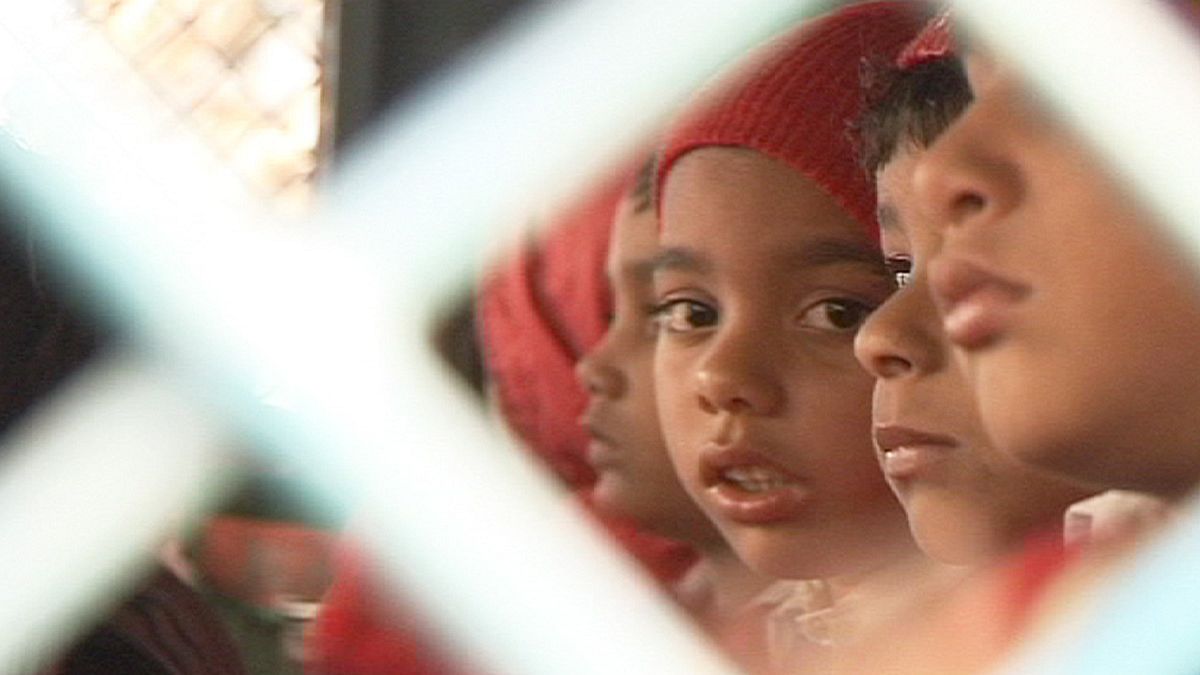In this edition of Learning World we look at getting to and from school.
In theory, the school run should be affordable and safe but in poor and isolated areas, difficulties getting to school can lead to children to not go.
Vietnam: Cycling to school
In Da Nang, in Vietnam, many families are very poor. Even a simple thing like the school run can pose a huge problem here. But for one boy, life is easier now that he has a bicycle to ride to school. Duc’s mother says she’s happy that both her children can now go to school.
On foot the journey takes 30 minutes each way, but since the NGO, Children of Vietnam, gave him a bicycle Duc’s life has changed. Because his journey to school is quicker he has more time to help out at home. He can do his chores and his homework.
The bikes are maintained by local volunteers. Since being founded in 1998, Children of Vietnam have given away more than 1,000 bicycles.
For more information see www.childrenofvietnam.org
Brazil: The Brain Train
Getting around Sao Paulo in Brazil can take so long that an NGO has set up a free classroom in the metro. Anyone at all can drop in and top up their studies in maths or Portuguese. The project is called ‘End Your Doubts’.
Antonio Florido is 44 and works for the railways. He comes from the other side of the city for classes in the metro. He says, “Today I came here to revise how to do a square root. It’s not something you need every day, but I needed it and even if I ever did learn it, I can’t remember it now.”
Retiree Amilton Robinson, 74, wants to know more about atmospheric pressure. He says that learning never stops: “We think that the young learn things easier and maybe they do, but older people concentrate better and pay attention. Young people sometimes muck about in class. But I have no difficulties in learning. None!”
India: The Camel Bus
In Rajasthan, India infrastructure is poor, the roads are bad and transport is a problem for children wanting to get to school.
To help them, two local men came up with the idea of a camel-drawn bus. Mewaram Jangid and Radhey Shyam Mishra’s bus is cheap, safe and comfortable.
The first camel bus hit the streets in 1972 and now there are seven of them, transporting 400 children to school every day.
The bus is credited with lowering absenteeism and increasing enrolments at the school. Each bus costs around 1,000 euros to build. The bus is mounted on old aircraft tyres which are the only ones able to withstand the heat and the bad roads in the area.
They are also broad enough not to sink into the desert sand. Another benefit is that the camel buses have given the school a distinct identity.
Dr Amrita Gill, the Director of Science and Technology for the government of Rajasthan, explained: “The camel bus exemplifies how to use local resources to strengthen educational and transportation systems. If you look at it in this perspective it is a very successful model.”
For more information see http://4award.nif.org.in
